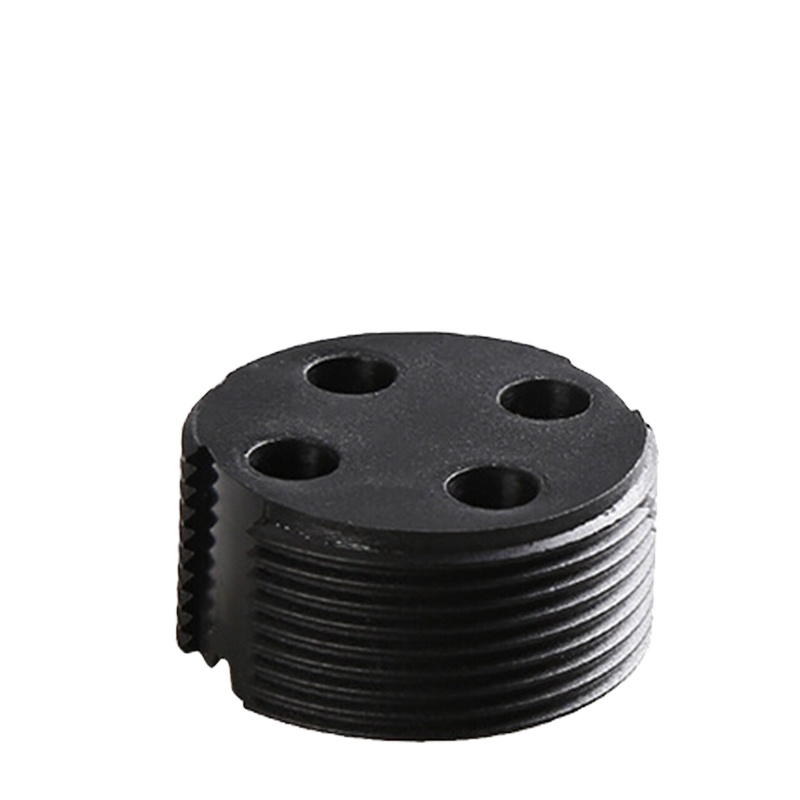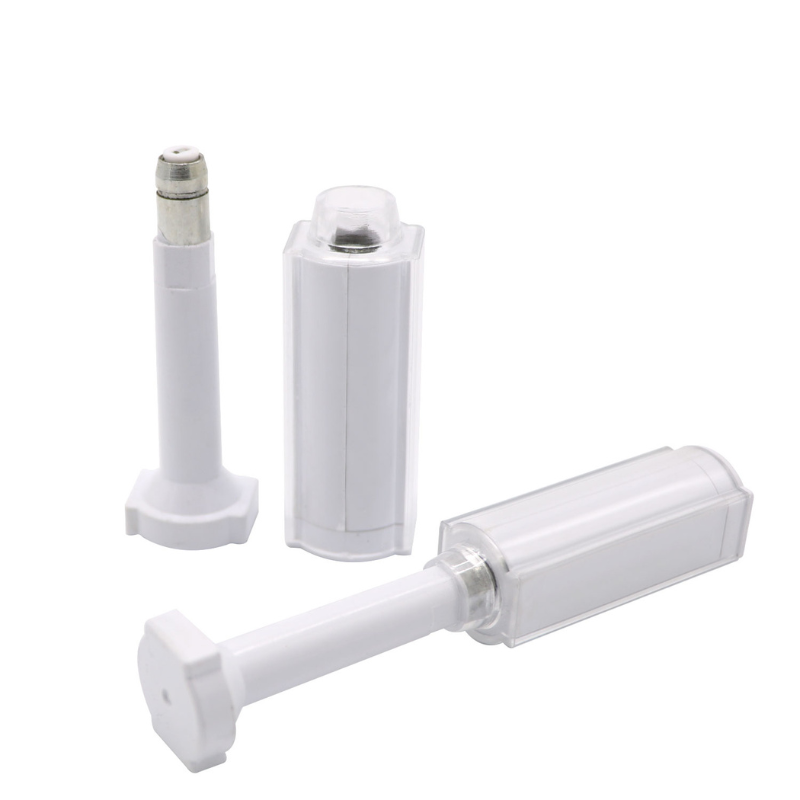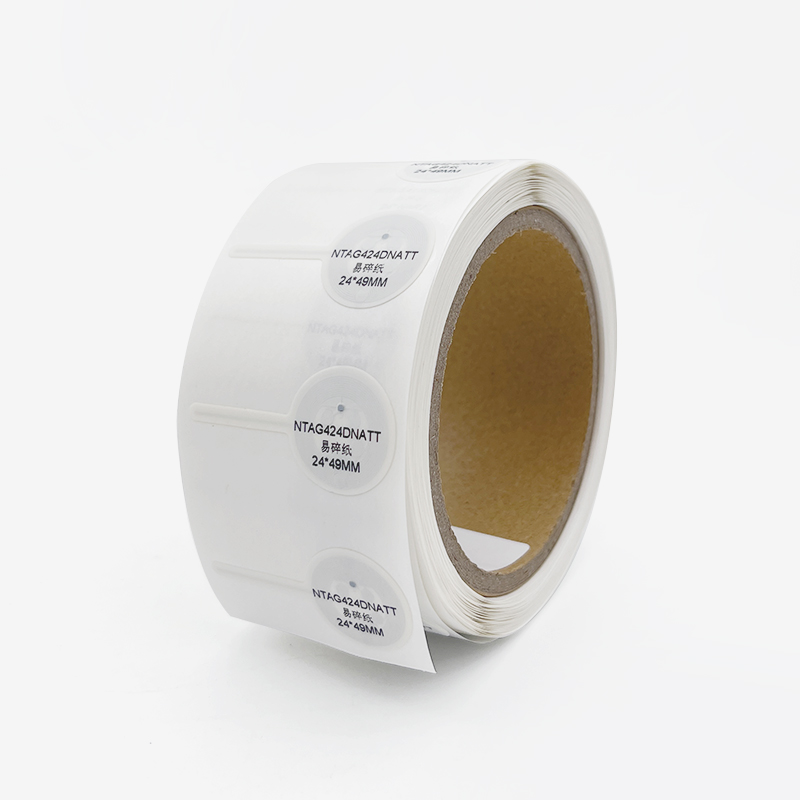
Revolutionizing Apparel Inventory Management with RFID Tags: A Case Study of Perfect-ID’s Impact
Table of Contents
Summary
This article explores how a prominent young apparel brand in India transformed its inventory management using RFID apparel tags from Perfect-ID, addressing common challenges and enhancing operational efficiency.
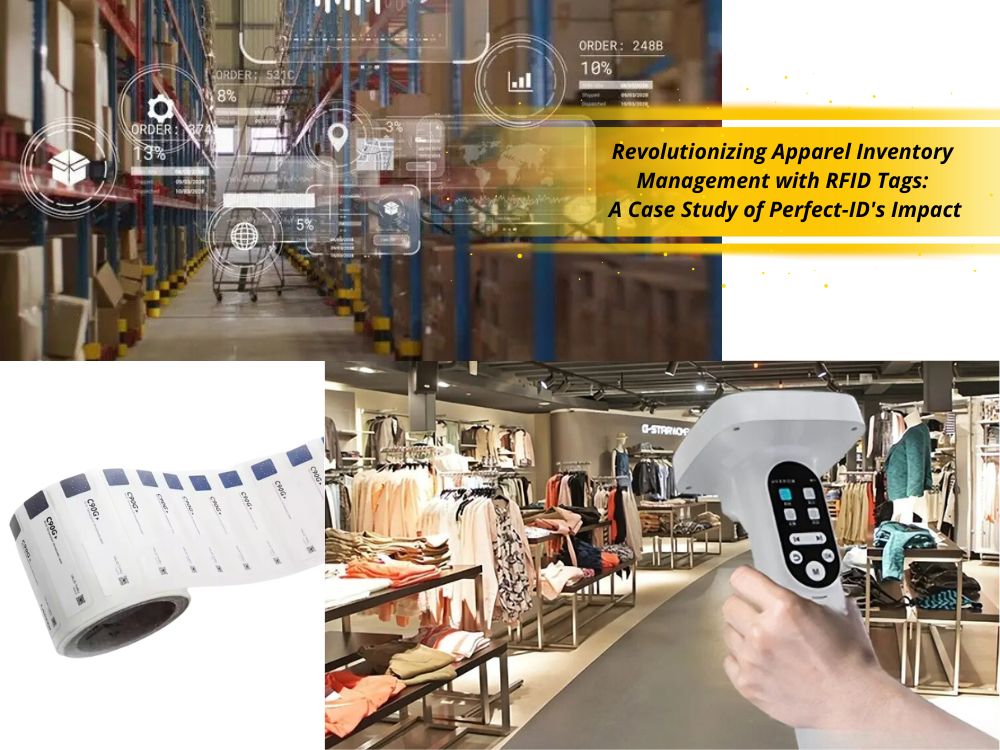
RFID Technology in Fashion Retail
RFID (Radio Frequency Identification) technology has become increasingly prevalent in fashion retail, with major brands like ZARA and Uniqlo leveraging it to track inventory more efficiently. The technology allows for real-time tracking of stock levels, reducing costs, and boosting sales by ensuring popular items are always available. This case study delves into the specifics of how Perfect-ID’s RFID tags helped a young Indian apparel brand overcome significant inventory challenges.
Challenges in Traditional Inventory Management
Manual Inventory Counts
Manual inventory counts often lead to inaccuracies and inefficiencies. The apparel brand struggled with discrepancies between physical stock and recorded data, resulting in operational challenges.
Inventory Shrinkage
High foot traffic and manual handling increased the risk of inventory shrinkage through theft, misplacement, or human error. This not only impacted profitability but also disrupted inventory control.
Stockouts and Overstock
Inaccurate inventory data led to frequent stockouts of popular items and overstocking of slow-moving products. This imbalance caused lost sales opportunities and increased holding costs.
Implementing Perfect-ID RFID Apparel Tags
Real-Time Inventory Visibility
Perfect-ID’s RFID apparel tags provided the brand with real-time visibility into stock levels across all stores and warehouses. Centralized software enabled data accessibility, facilitating informed decision-making and proactive inventory management.
Automated Inventory Counts
RFID technology automated the inventory counting process, eliminating the need for manual counts and reducing labor costs. This automation allowed for quick, comprehensive stock audits with minimal disruption to store operations.
Loss Prevention
RFID tags acted as a deterrent to theft. Any attempt to remove or tamper with the tags triggered alarms, enabling staff to respond promptly and reduce inventory shrinkage.
Optimized Replenishment
With accurate, real-time inventory data, the brand could forecast demand and optimize replenishment strategies. This ensured that popular items were consistently in stock, while excess inventory was minimized, leading to improved sales performance.
Enhanced Customer Experience
RFID-enabled inventory management allowed for more accurate and efficient order fulfillment, resulting in faster checkout times and a more satisfying shopping experience for customers.
Results Achieved
Key Metric | Before RFID Implementation | After RFID Implementation |
Inventory Accuracy | 75% | Over 95% |
Inventory Shrinkage | High | Significantly Reduced |
Sales Revenue | Moderate | Increased Significantly |
Operational Efficiency | Manual, Labor-Intensive | Automated, Streamlined |
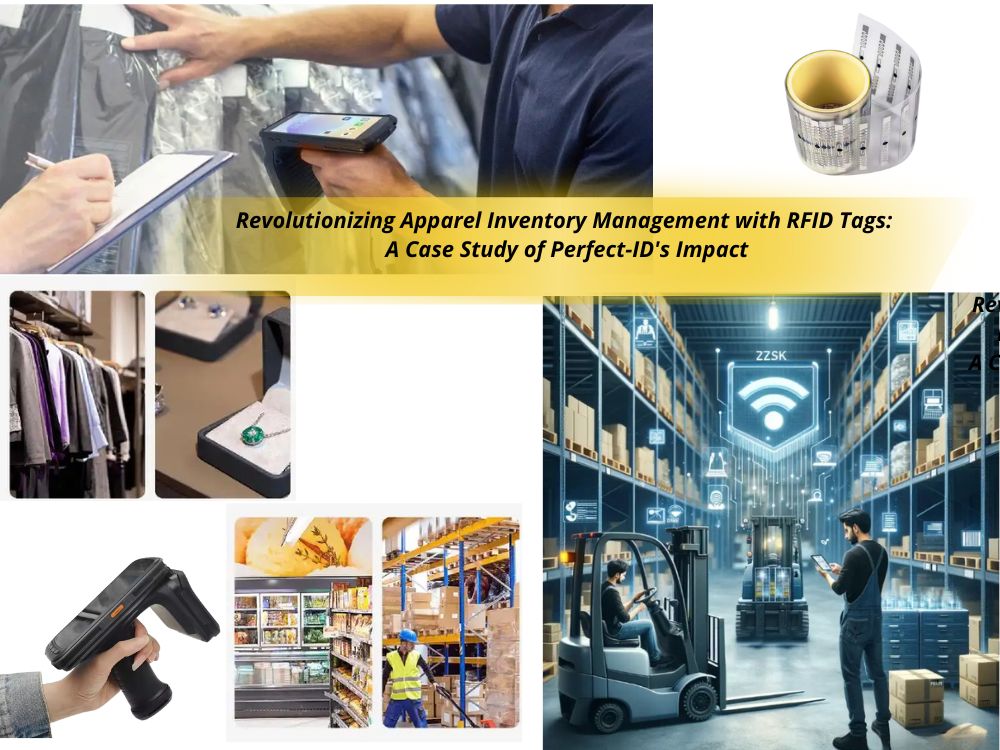
Advantages of RFID in Fashion Retail
Efficient Inventory Management
RFID handheld devices streamline inventory processes, replacing time-consuming manual counts with quick, non-contact scans. Real-time data comparisons ensure accuracy, providing instant verification and reducing errors.
Enhanced Shopping Experience
RFID technology facilitates self-checkout systems, allowing customers to swiftly pay for items at self-service machines, reducing checkout times and enhancing convenience.
Insightful Fitting Room Analytics
RFID readers in fitting rooms discreetly collect data on customer preferences by tracking clothing try-ons and correlating this data with purchases. This insight helps retailers optimize inventory and improve conversion rates.
Effective Security Measures
RFID access control systems prevent theft by monitoring entry and exit points. If a consumer attempts to leave without checking out, the system automatically triggers an alarm, alerting staff and enhancing security.
Conclusion
The integration of Perfect-ID RFID apparel tags revolutionized inventory management for this apparel brand. With real-time visibility, automated processes, and enhanced loss prevention, the brand improved accuracy, reduced shrinkage, and increased sales. RFID technology not only optimized inventory management but also elevated the customer experience, positioning the brand for sustained success in the competitive fashion market.
Comments
Hot Products
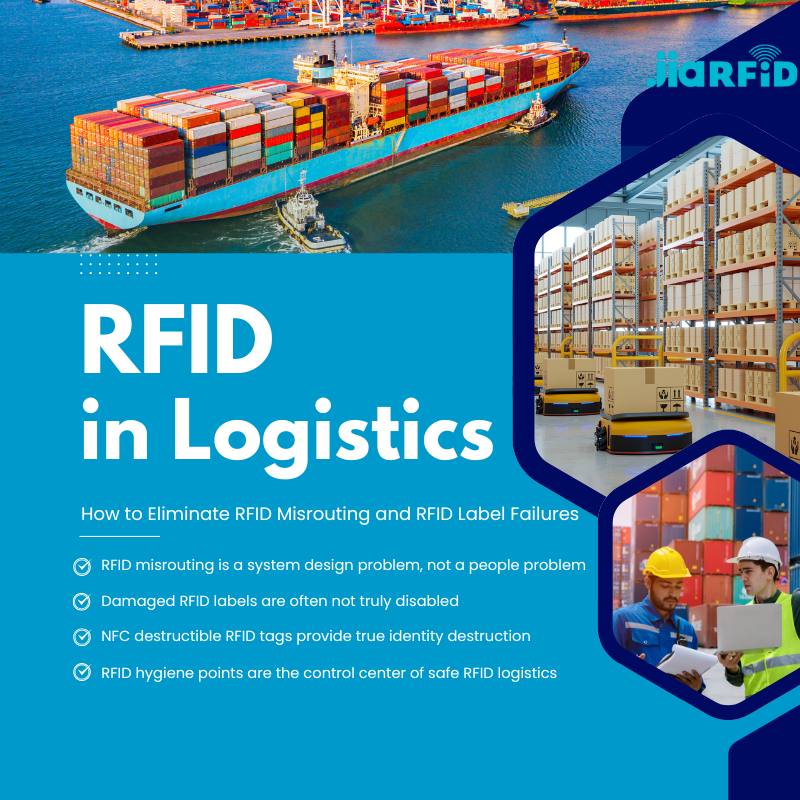
RFID in Logistics: How to Eliminate RFID Misrouting and RFID Label Failures
RFID in logistics is more than just a tool to speed up processes. It has become a key part of how modern supply chains operate.
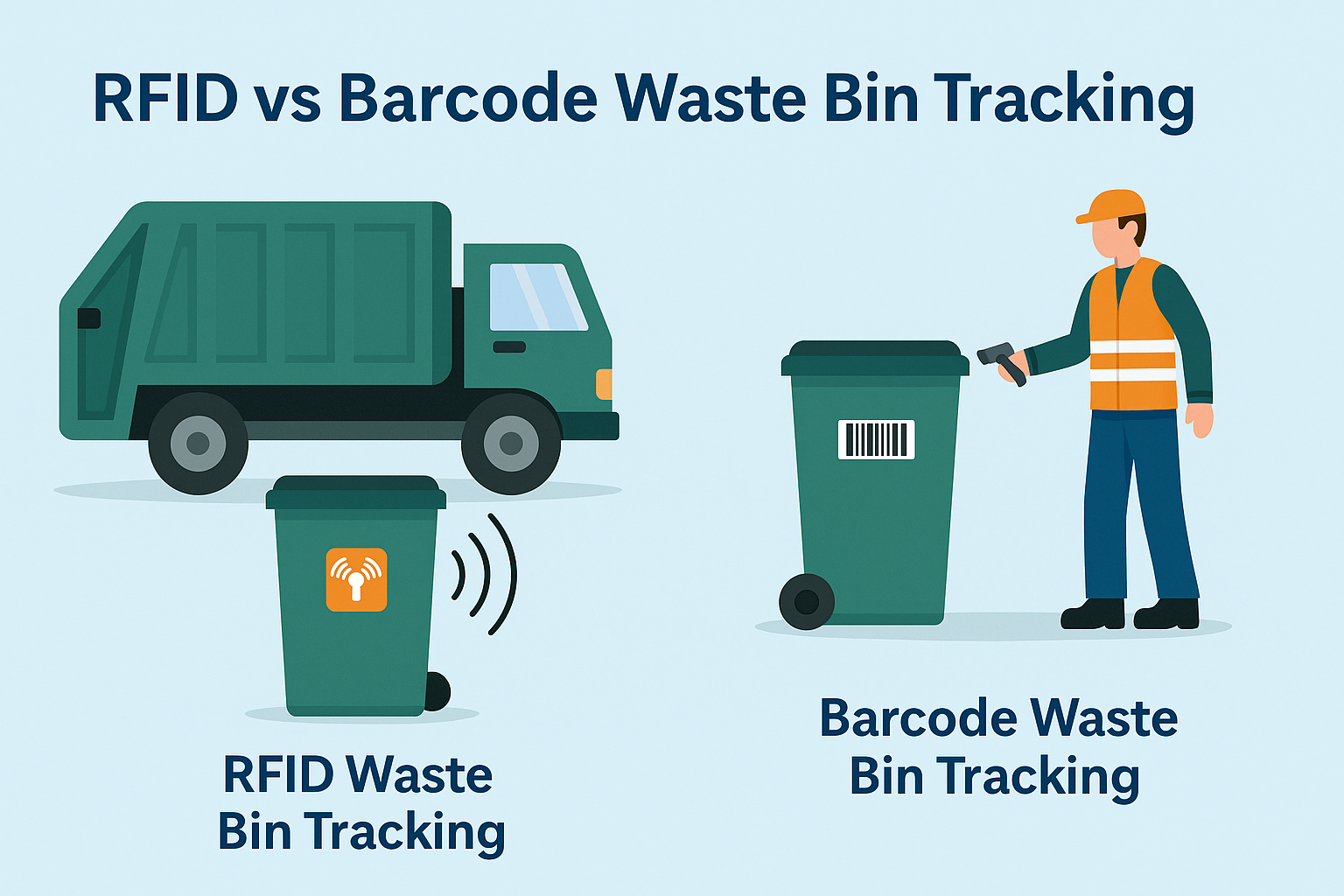
What Is RFID Waste Management
Imagine a city where every trash bin speaks — not literally — but through a tiny chip that tells the system when it’s full, when it’s emptied, and where it went. That’s what RFID waste management is doing today.

What are Bolt Seals and their Applications? | Complete Guide
In global trade and logistics, bolt seals play a crucial role in ensuring cargo security and compliance. These small but powerful devices are designed to lock shipping containers, trailers, and cargo doors with a tamper-evident mechanism.
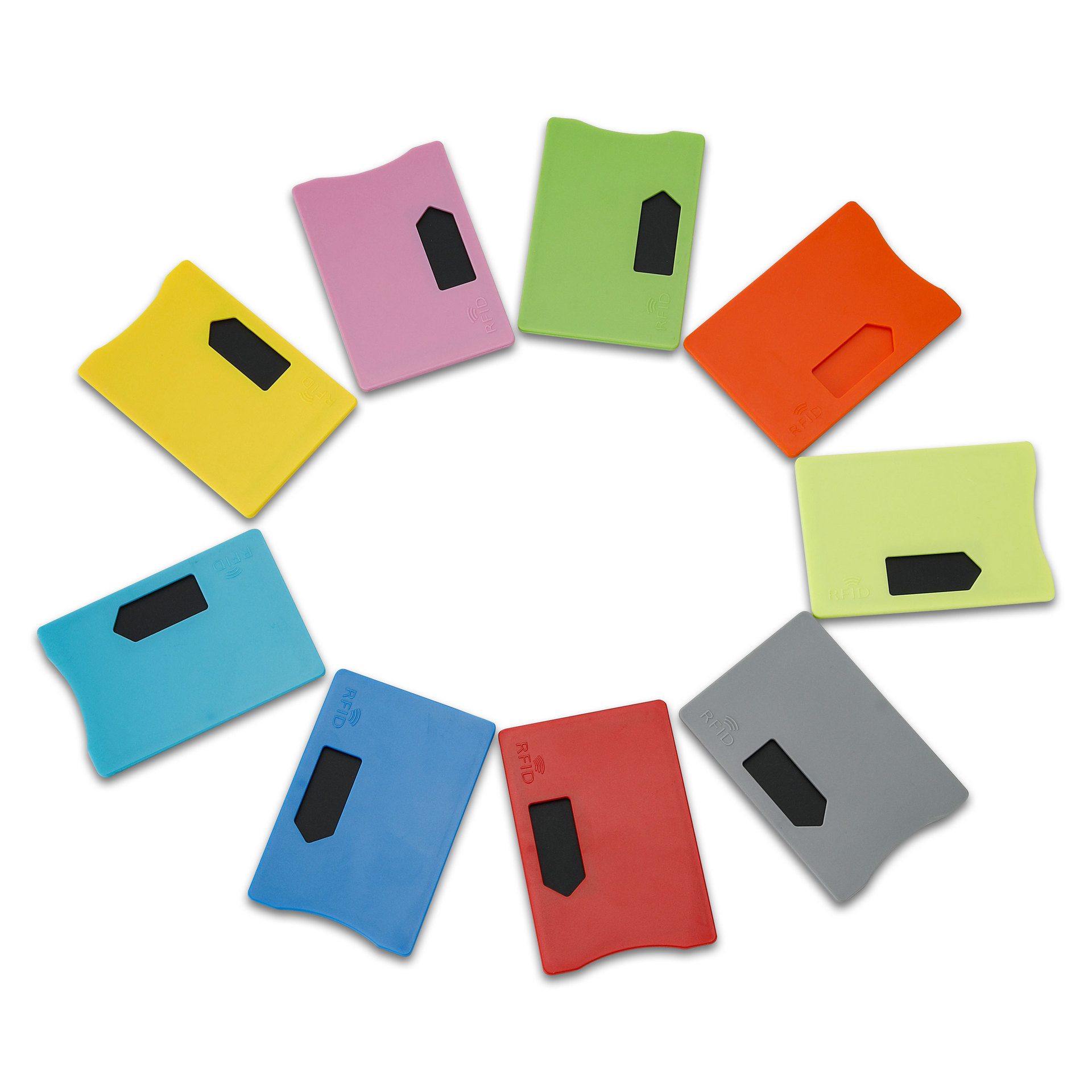
What is an RFID Card Protector? Benefits, Use Cases, and Buying Guide
RFID technology (Radio Frequency Identification) is everywhere: in your credit cards, ID badges, transit passes, hotel room keys, and more. It offers speed and convenience, but it also opens the door to a new kind of digital theft called “skimming.” That’s where an RFID card protector comes in.

RFID Wristbands for Events: Bulk Buying Guide for Organizers
RFID wristbands for events are becoming the go-to solution for organizers who need faster entry, fraud prevention, and cashless payments at concerts, festivals, and sports venues. Unlike paper tickets or QR codes, these smart wristbands use embedded chips to streamline access, secure transactions, and improve the guest experience.
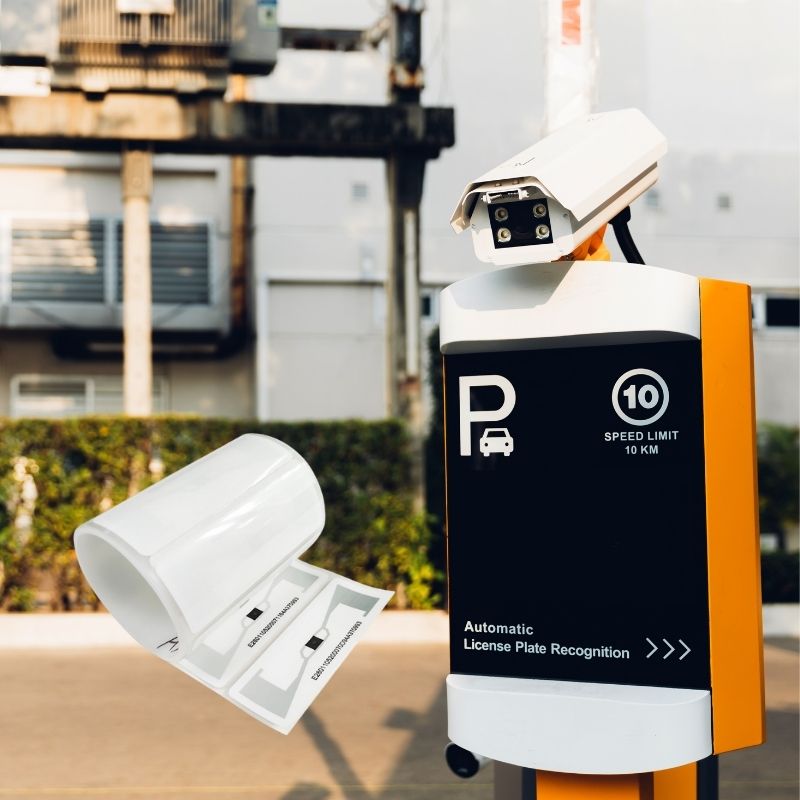
How RFID Tag on Windscreen Improves Vehicle Access Control and Toll Systems
In today’s fast-paced world, vehicle identification needs to be quick, secure, and contactless. An RFID Tag on the Windscreen provides exactly that — a reliable way to manage toll collection, parking, and gated access without stopping vehicles.
Tags
RELATED BLOGS

RFID in Logistics: How to Eliminate RFID Misrouting and RFID Label Failures
RFID in logistics is more than just a tool to speed up processes. It has become a key part of how modern supply chains operate.

What Is RFID Waste Management
Imagine a city where every trash bin speaks — not literally — but through a tiny chip that tells the system when it’s full, when it’s emptied, and where it went. That’s what RFID waste management is doing today.

What are Bolt Seals and their Applications? | Complete Guide
In global trade and logistics, bolt seals play a crucial role in ensuring cargo security and compliance. These small but powerful devices are designed to lock shipping containers, trailers, and cargo doors with a tamper-evident mechanism.


